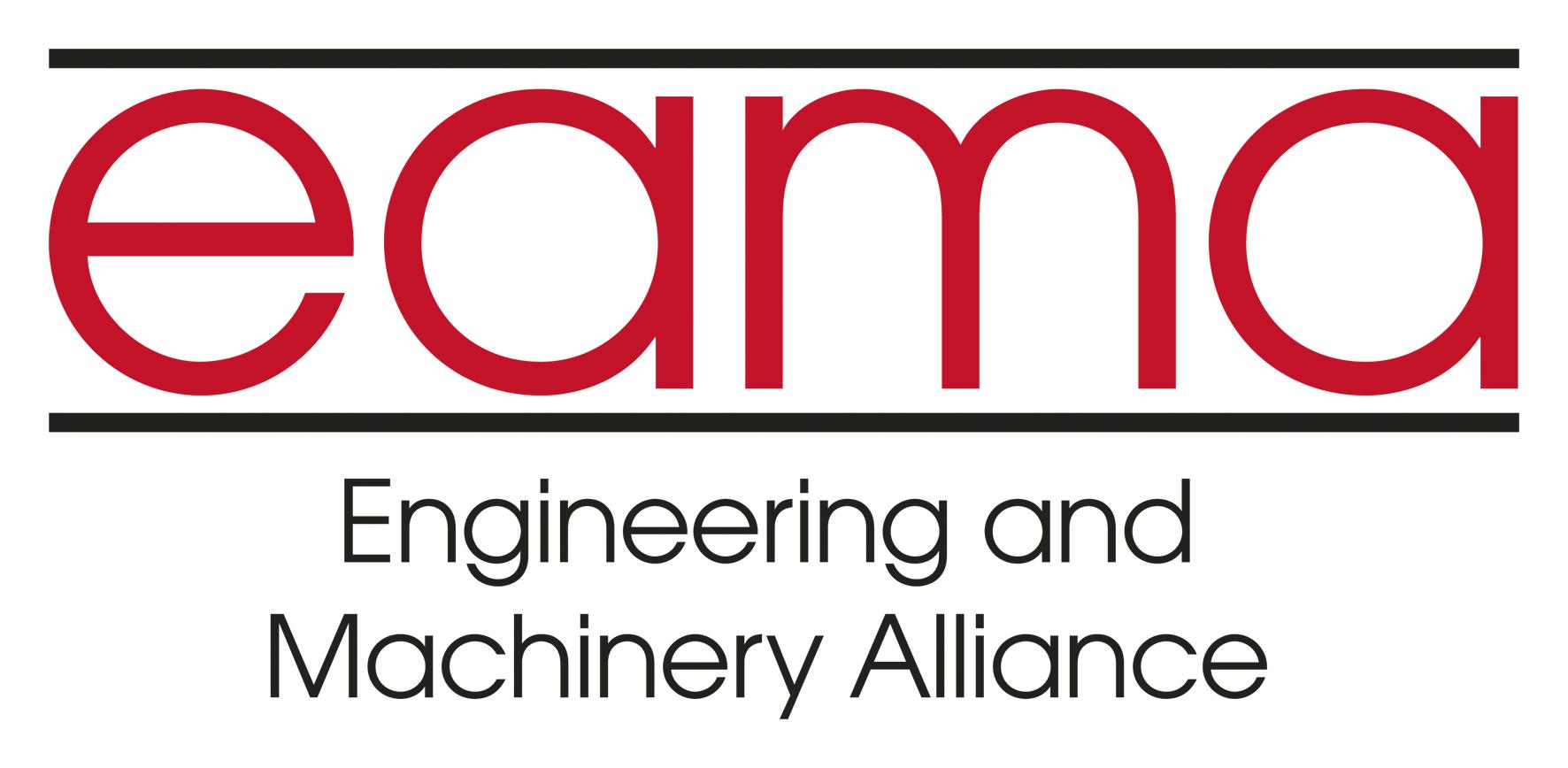Important announcements on manufacturing from government this week, pre-cursors to the promised “Advanced Manufacturing Plan”, expected as part of the autumn statement next week.
Key points: £4.5 billion over five years to boost investment in eight sub-sectors “of economic strategic importance”. These are listed as “auto; aero; life sciences; clean energy (carbon capture, utilisation and storage, electricity networks, hydrogen, nuclear and offshore wind)”. It is not clear how much this is a bundling of money already committed and how much is new.
Made Smarter Adoption is to become an England-wide scheme from 2025, with a view to encompassing the rest of the UK after that. Details of budget are not yet available but this looks to be an extremely positive policy initiative. The Department for Business and Trade has confirmed that the expanded Made Smarter Adoption programme will be for firms across the manufacturing sector.
EAMA has been an out-spoken critic of Made Smarter adoption for years and our call for a coherent, long-term, national scheme was the lead ask of our submission for this year’s autumn statement. A similar ask also featured prominently in that from the CBI, with specific support from EAMA and other sector bodies.
Also published is the long-awaited McLean review of regulation in advanced manufacturing – a term that McLean says at the outset has no “universally agreed definition”. She rejects HM Treasury’s sub-sector-based approach and says “we have defined it in this report as being production processes (and not exclusively end products) that integrate cutting-edge science and technology into manufacturing”. That seems sounds enough.
McLean notes that manufacturing sees itself as “generally well regulated, and that in many cases the industry benefits from alignment with major trading partners such as the EU, given the ease of market access”. No bonfire of EU regulations from this quarter – but that still leaves open whether we follow the EU as it changes its regulations.
There are just 14 recommendations, including ones on automation in agriculture and to review the Supply of Machinery (Safety) Regulations 2008 as they apply in Great Britain. That is happening through the Product Safety Review.
There is a recommendation on digital twins; and on additive manufacturing, where it says that “the NQI and The Welding Institute (TWI) should develop 3D printing standards to enable the certification of the entire production process, rather than individual parts. This would bring 3D printing standards in line with traditional manufacturing standards”.
In February 2022, the government said “we must… reverse the historic decline in manufacturing in the UK”. At last, we are seeing a bit more as to how government will contribute to that.
More with the autumn statement, no doubt.
Links: Pro-innovation Regulation of Technologies Review: Advanced Manufacturing – GOV.UK (www.gov.uk)
Billions of investment for British manufacturing to boost economic growth – GOV.UK (www.gov.uk)

